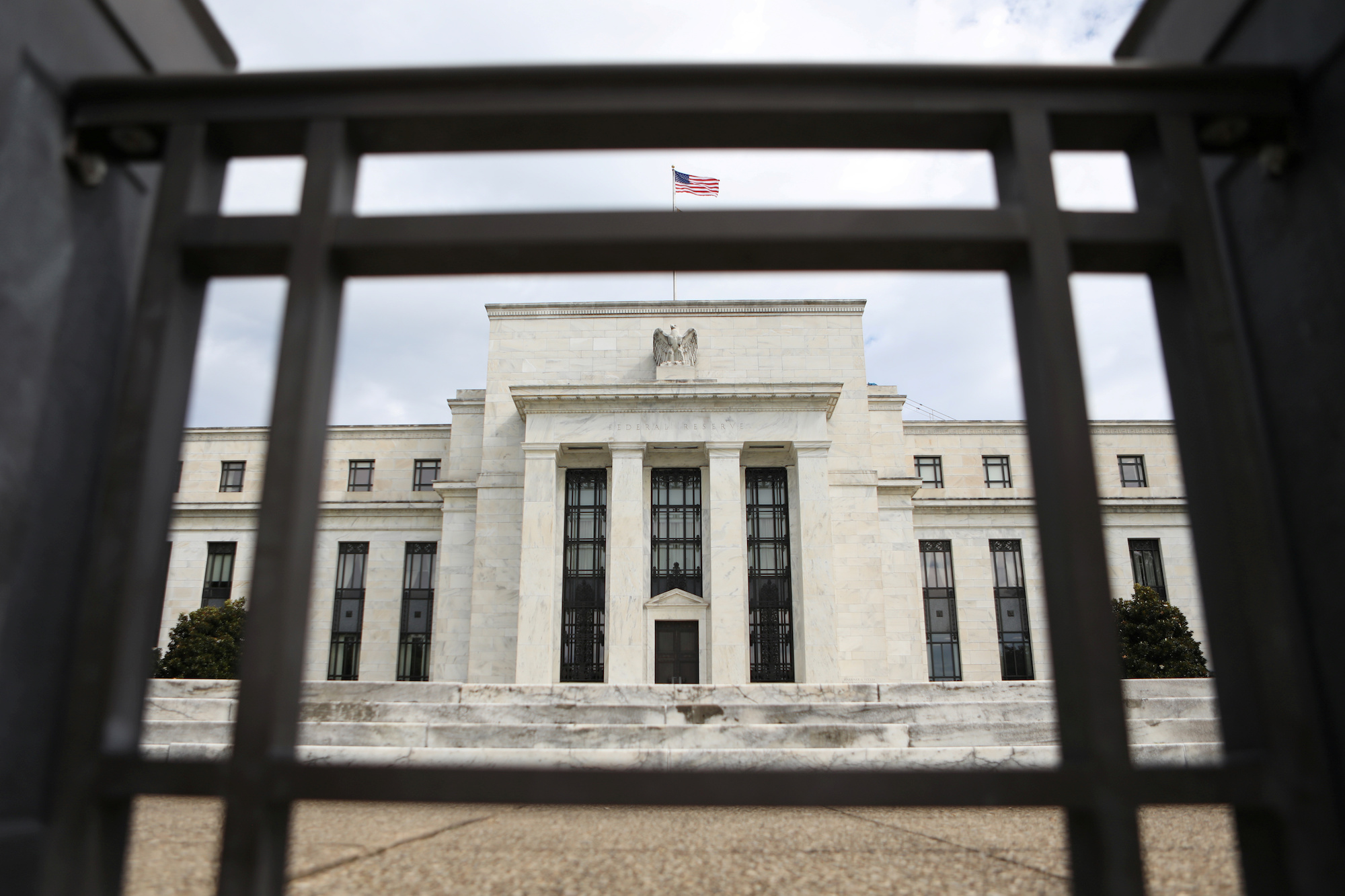- The Federal Reserve jumped into financial markets for a third straight day Thursday in another attempt to keep interest rates from moving higher.
- The central bank has injected a total of $203 billion into markets – $75 billion on both Wednesday and Thursday, and $53 billion on Tuesday.
- This week marked the first time the central bank has taken such steps since the global financial crisis 10 years ago.
- Visit the Markets Insider homepage for more stories.
The Federal Reserve jumped into financial markets for a third straight day Thursday in another attempt to keep interest rates from moving higher.
The New York Federal Reserve said Thursday it would inject another $75 billion into the market to keep the federal funds rate within its target range. Short-term rates had earlier this week shot up as high as 10%, threatening to disrupt the bond market and the overall lending system.
The latest overnight repurchase agreement, or repo, came a day after the policy-setting Federal Open Market Committee cut its benchmark interest rate to a target range of between 1.75% and 2%.
In two separate market operations on Tuesday and Wednesday, the central bank had offered a total of $128 billion through repos. This week marked the first time the central bank had taken such steps since the global financial crisis 10 years ago.
There remained debate around the exact reason the amount of cash banks have on hand for short-term funding needs dried up early this week. But the shortage came after businesses had to pay quarterly tax bills at the same time that the Treasury issued billions in new bonds.
Fed Chairman Jay Powell said Wednesday the repo operations were temporary and that rates were expected to return to the target range.
"Funding pressures in money markets were elevated this week, and the effective federal funds rate rose above the top of its target range," he told reporters at a press conference following the interest-rate announcement. "While these issues are important for market functioning and market participants, they have no implications for the economy or the stance of monetary policy."
Read more: Trump will likely be let down on his demand for a 'Big Interest Rate Drop' this week

